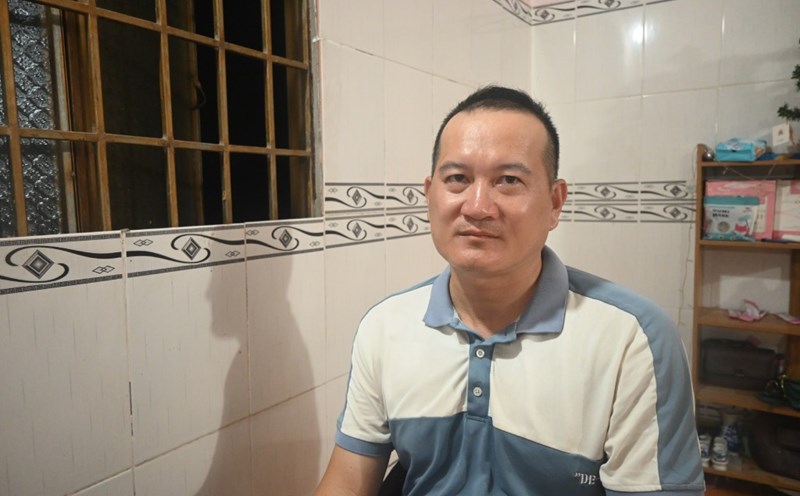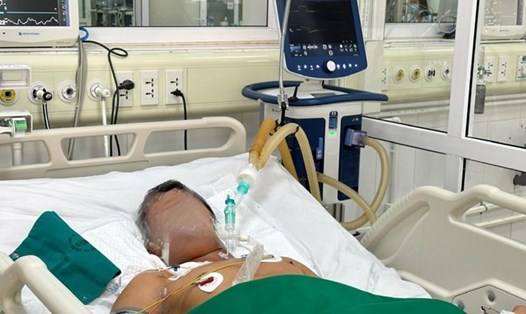According to Dr. Joydeep Ghosh, Consultant - Internal Medicine, Fortis Hospital, Anandapur (India), the wound healing process slows down as we age because with age, the human body undergoes intrinsic biological changes that lead to a decrease in the body's ability to regenerate skin.
Immune dysfunction
Weaker immune system: As you age, your body's immune system weakens, reducing its ability to fight infections and deal with invaders in wounds. The immune system plays an important role in eliminating bacteria and dead cells, and also aids in tissue regeneration.
Increased risk of infection: When the immune system doesn't work properly, the body may not be able to protect itself well against infection, which slows wound healing.
Reduced ability to regenerate cells
Decline in cell regeneration: As you age, your ability to regenerate cells slows down. New skin cells (keratinocytes), immune cells (macrophages), and connective tissue cells (fibroblasts) needed for wound healing don't grow and divide as quickly as they did when you were younger.
Decreased collagen production: Collagen is an important protein that helps heal wounds and maintain skin elasticity. As we age, our bodies produce less collagen, which reduces our ability to heal and makes it harder for wounds to heal.
Reduced blood circulation
Poor blood vessel flexibility: As you age, your blood vessels become less flexible and narrow. This reduces blood flow to your tissues, making them less efficient at delivering oxygen and nutrients needed for healing. Poor blood flow can also slow down the healing process.
Chronic diseases
Diabetes: Older adults are more likely to develop diabetes, and diabetes can impair wound healing. High blood sugar reduces the ability to fight infection and impairs tissue repair.
Cardiovascular disease: Cardiovascular diseases can affect blood circulation and slow down the healing process, because not enough blood is supplied to injured areas.
High blood pressure: High blood pressure can also affect blood circulation, slowing wound healing.
Nutritional changes
Malnutrition and vitamin deficiencies: As we age, our ability to absorb nutrients may decrease, especially vitamins and minerals needed for wound healing. Deficiencies in vitamins A, C, E, zinc, and protein can slow tissue regeneration and wound healing.
Dietary changes: Older adults may not have adequate nutrition or have difficulty maintaining a healthy diet, which can affect recovery.
Changes in skin texture
Aging skin: As you age, your skin loses elasticity and protective properties. It becomes thinner and drier, making it harder to heal wounds. Skin cells don’t divide as quickly, and your ability to recover from minor injuries decreases.
Reduced moisture: Older people's skin is often dry and lacks moisture, which reduces the skin's ability to regenerate and makes wounds prone to cracking or difficult to heal.











